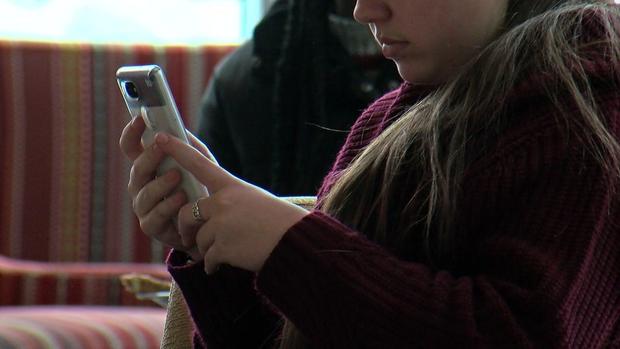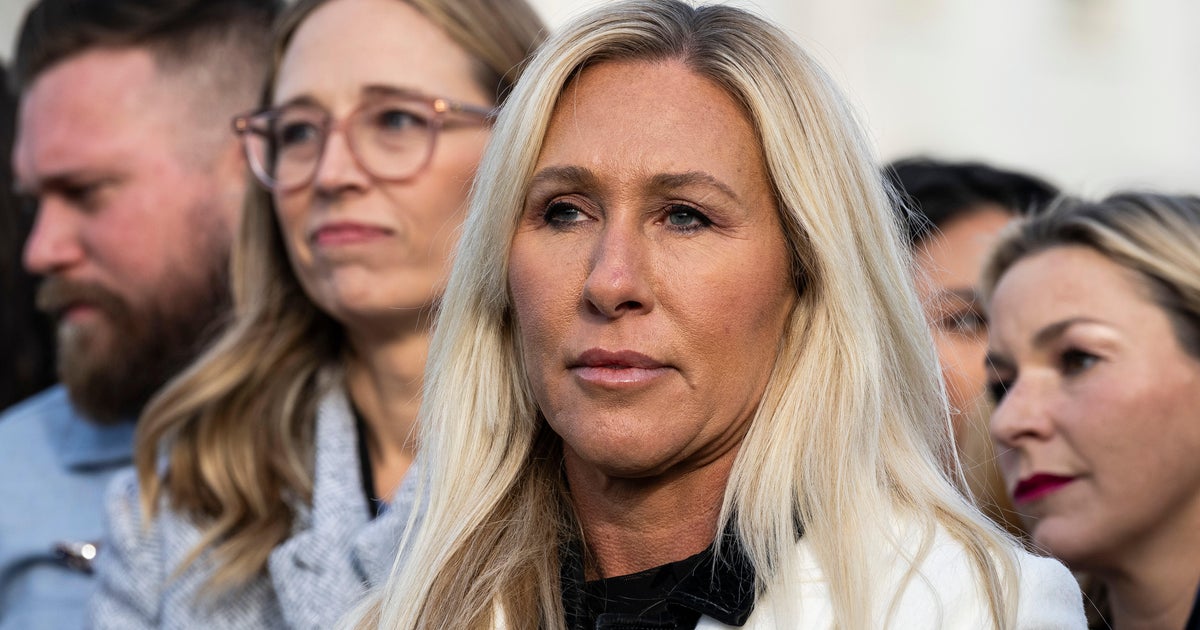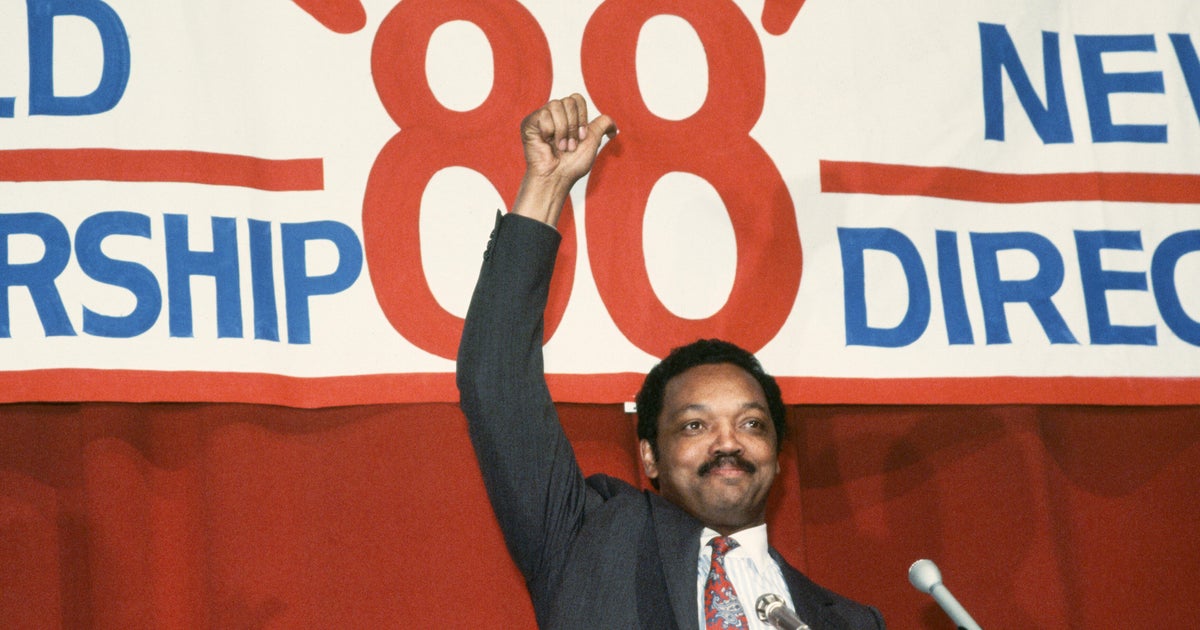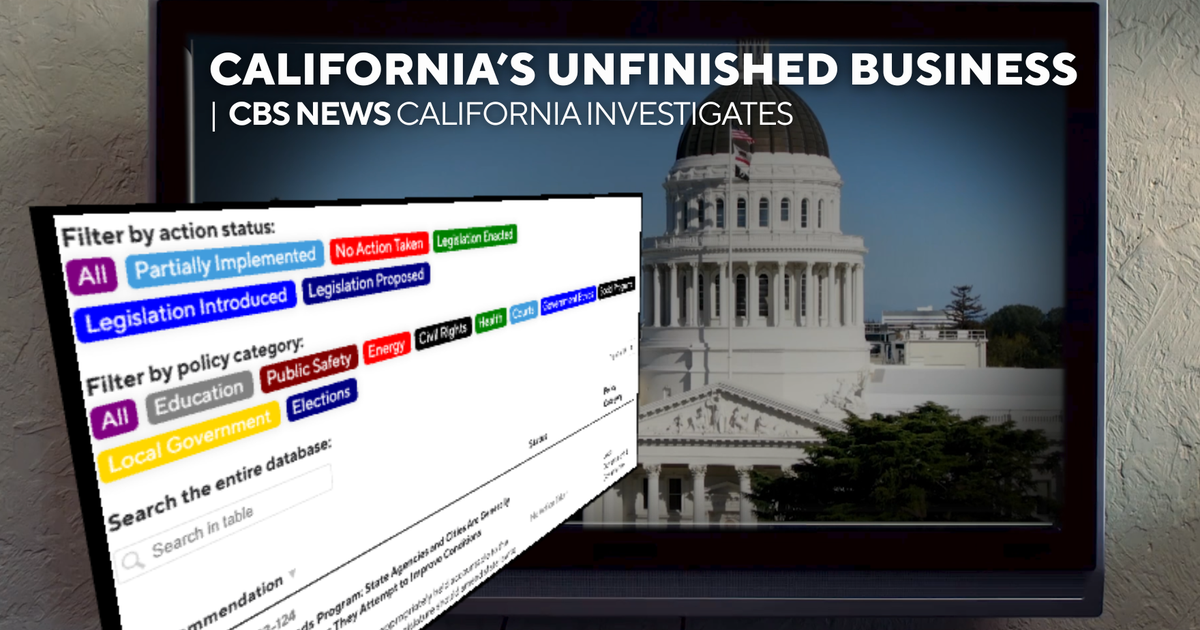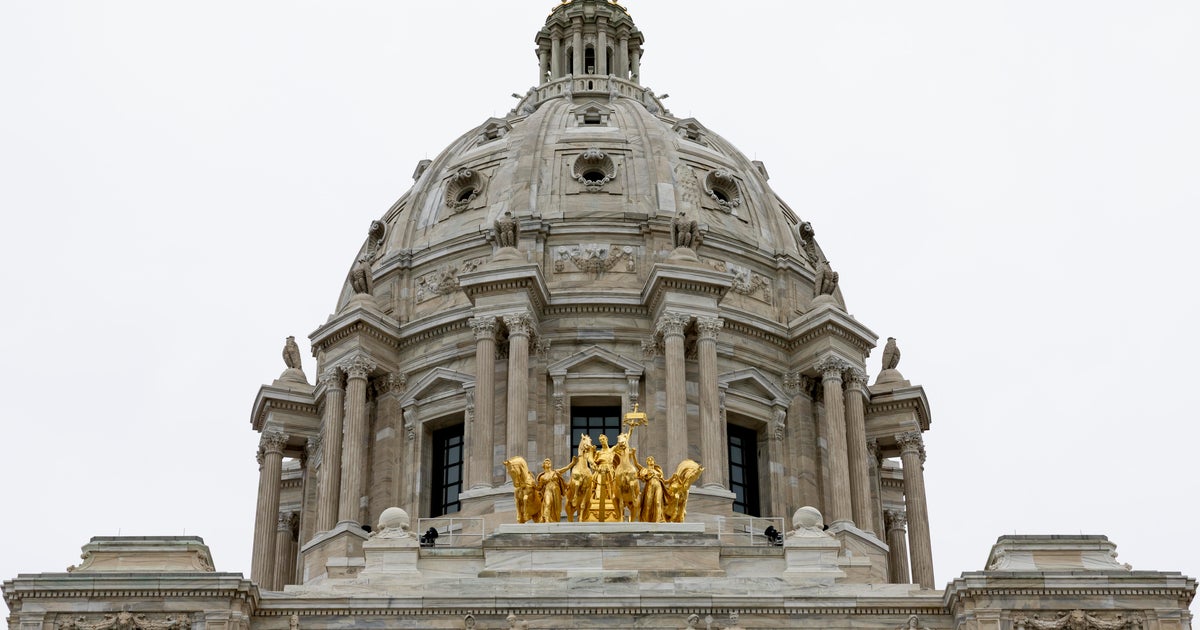How do campaigns have your cellphone number?
MINNEAPOLIS – Early voting in Minnesota starts next week, and campaigns are kicking it into overdrive. That's why voters are flooded with ads and messages on TV and online – and even by text.
But how do campaigns get a hold of your phone number?
Under state law, voter registration data including name, address, birth year, voting history, and phone numbers if someone included it, are part of public information lists that registered voters on behalf of a campaign can request and pay for.
This information can only be used for purposes related to elections, political activities, or law enforcement. But certain data – like how someone voted, driver's license numbers, social security numbers – stay private.
Phone numbers aren't required on voter registration, but they are fair game on those lists if a Minnesotan included it. Paul Linnell, deputy elections director for the Minnesota Secretary of State's office, notes that this is not the only way campaigns can get those numbers.
"There are plenty of third-party companies and others that have additional data that goes well beyond what might be included in this publicly available and required list that needs to be provided when those requests are made by registered Minnesota voters," Linnell said.
Larry Jacobs, politics professor at the Humphrey School of Public Affairs at the University of Minnesota, said candidates are often collecting emails and phone numbers at campaign events – or if someone volunteers.
That information is often shared, he said, among campaigns in the same party.
"Most of us have gotten experience with ignoring campaign calls and throwing out flyers so now campaigns are going to our cellphones," he said. "They've got our eyeballs. We're looking at the ad. We're looking at the information. We may go ahead and delete it, but we've seen it. And that's the currency of a campaign – get to voters."
It can also be a cheaper option than television ads or printed mailers, he added.
"It's the kind of thing campaigns are running to as a way to reach voters and get their message out at a price they can easily afford," he said.
These text messages from campaigns often have an option to unsubscribe by texting "stop." If you receive messages you didn't sign up for you, you can also report the sender by forwarding the texts to 7726 or "SPAM," according the Federal Communications Commission.
Not providing a cellphone number on voter registration is another option, though Linnell said that can be valuable information for a local election official to get a hold of someone if there's any issue with their registration or absentee ballot.
The FCC says certain campaign texts to voters are allowed. But political "robotexts" and "robocalls" to random numbers without prior consent are prohibited. If you think a campaign violated the rules, you can submit a complaint to the agency.

